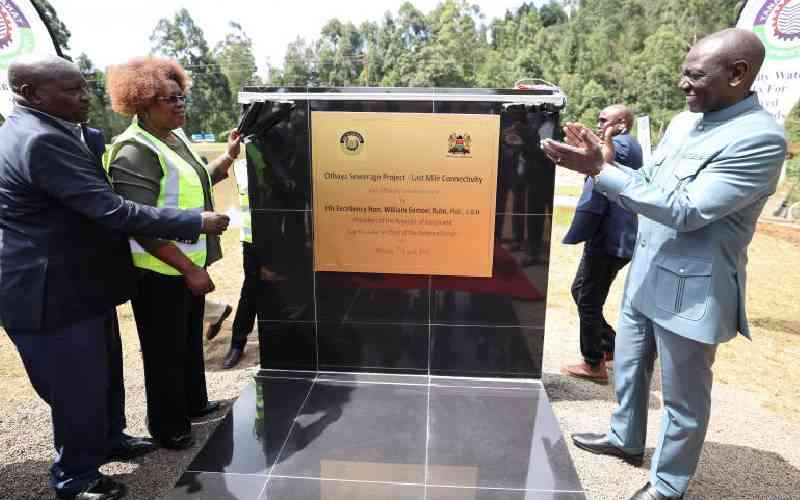×
The Standard e-Paper
Smart Minds Choose Us

One year after Kenyans went to the polls, President William Ruto's administration has not yet begun fulfilling the promises he made to the Mt. Kenya region during the election campaign.
The President actively campaigned in the region, competing with his boss, former President Uhuru Kenyatta, who supported Azimio la Umoja One Kenya Coalition leader Raila Odinga as his preferred candidate.